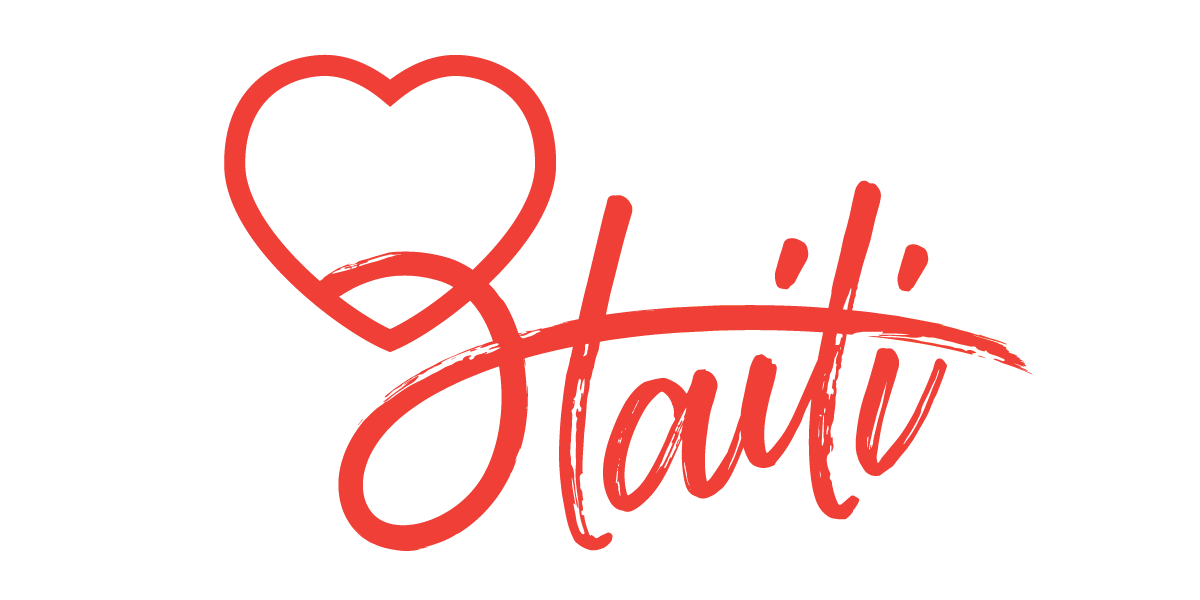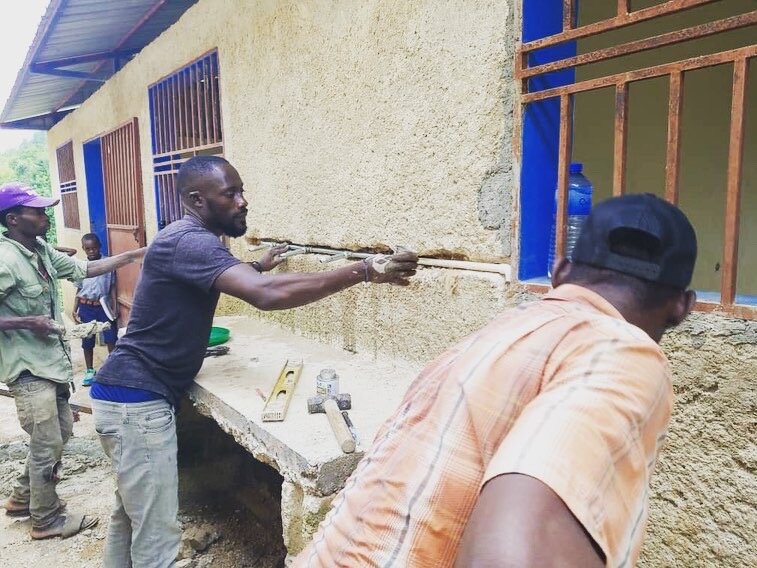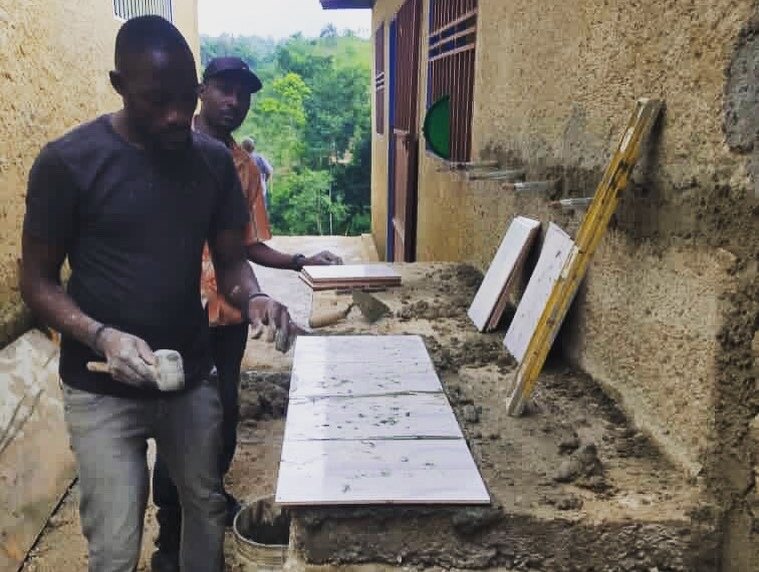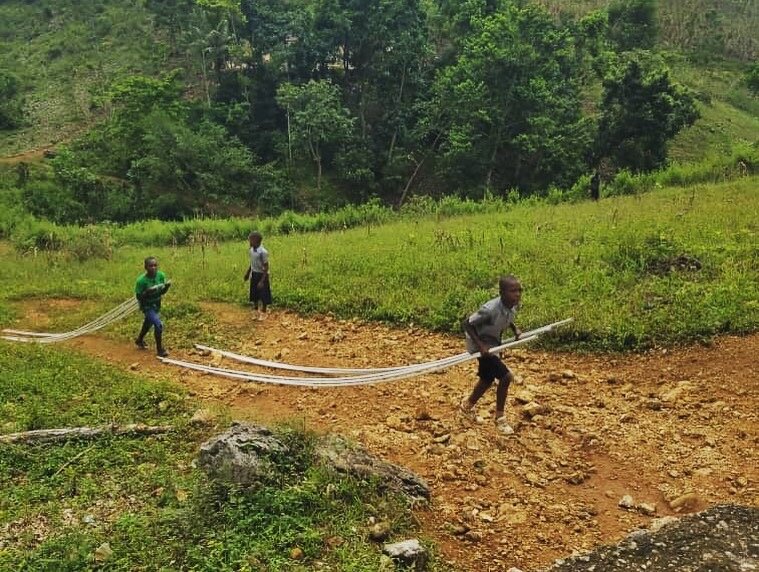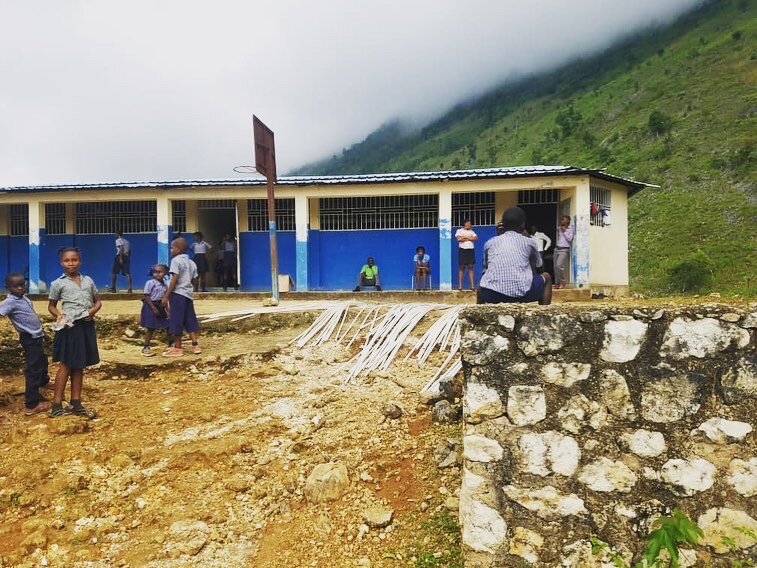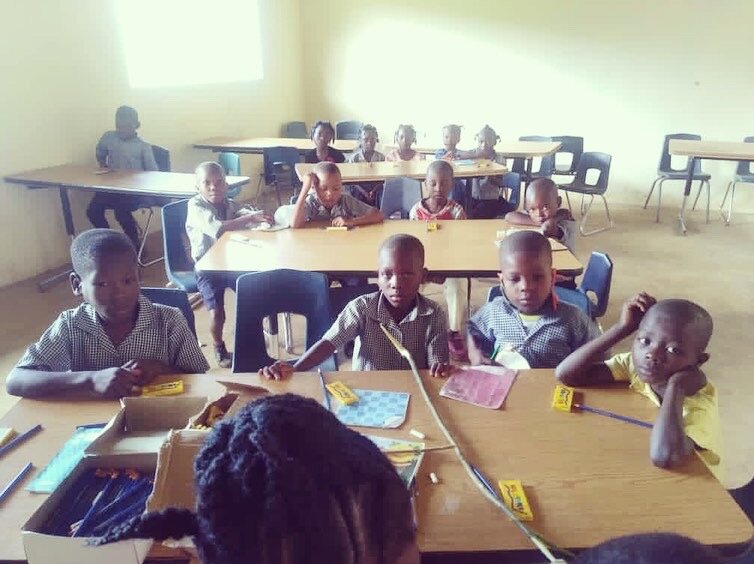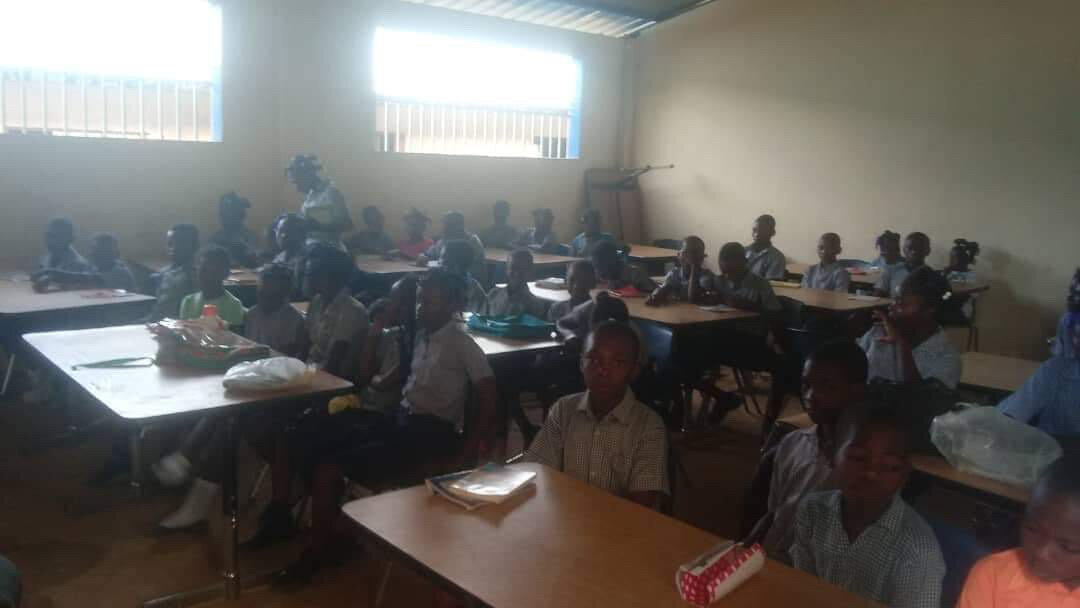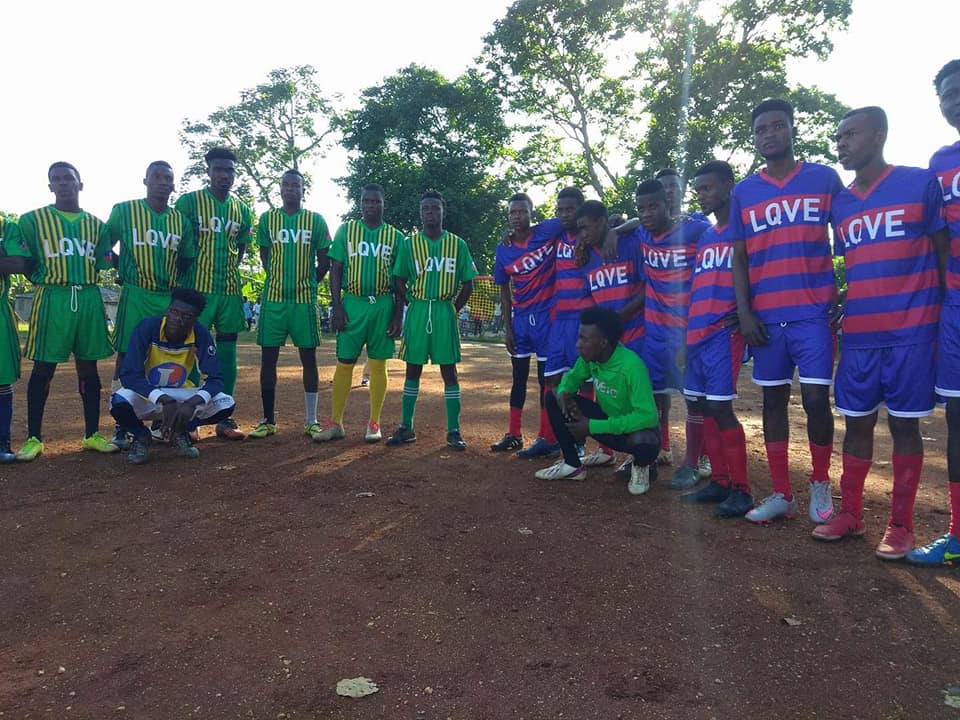We take a lot of pictures when we go to Haiti. We do this to remember this place that we love, and to show all of our friends what it's like in this beautiful country. However, there's much more intentionality and thought that goes into the pictures we show you than what meets the eye.
Too often, foreigners come into Haiti and snap pictures of whatever they like and then parade their photos all over social media without thinking about the implications of doing so. Implicitly, how one takes and uses a photo of someone can identify a superiority complex. We want our friends in Haiti to feel agency and pride when we interact with them, so we try to be very cautious with how we take pictures and how we use them. It can be difficult to be conscientious of this all the time, which is why we try to follow these rules:
1. We always do our best to directly ask for the consent of the individuals we are photographing. This could be as simple as asking, "eske w vle fè yon fotò?" (do you want to take a picture?) If the Haitians are not involved with the picture taking process, we shouldn't be doing it at all. A great way of ensuring of Haitian friends have a voice in this process is by showing them each picture that we take of them.
2. We don't ever take a picture of someone else that we would not want to be taken of ourselves.
3. We never take photos that implicitly objectify our friends. For example, we don't allow our teams to stick their cameras out of a moving car and document nameless faces that we pass by.
4. We always critique our motivations behind why we post what we post. Does this picture convey a sense of dignity to this person and this place? Why am I actually posting this - is there a personal-image motivation behind it? What kind of story am I telling in this picture? Am I the subject, or is someone else the subject?
5. We always try to tell a "good" story of hope with pictures, not a reiteration of hopelessness that the world already sees too often.
No doubt, we will never be perfect. Photography is tricky, especially in cross-cultural situations. We want to connect you to our Haitian family in one of the only ways we know how - sharing photos! But we also do our best to be very mindful of doing so in a way that dignifies our friends.
